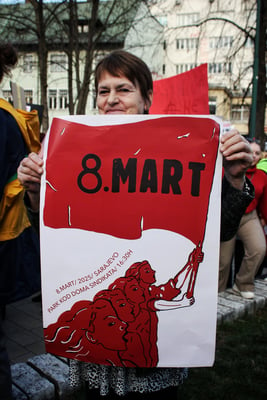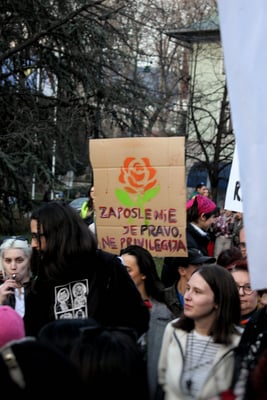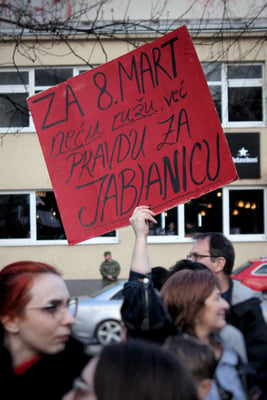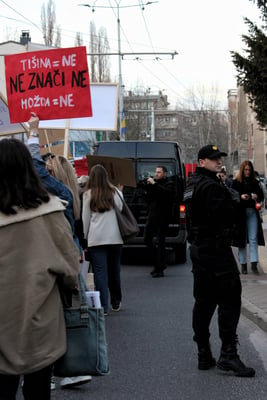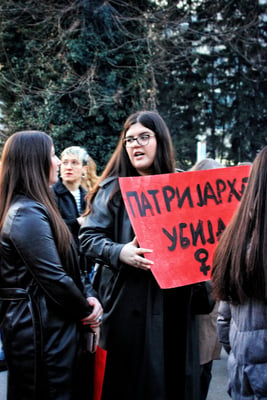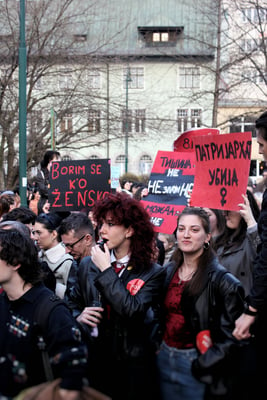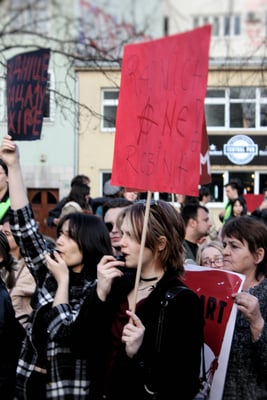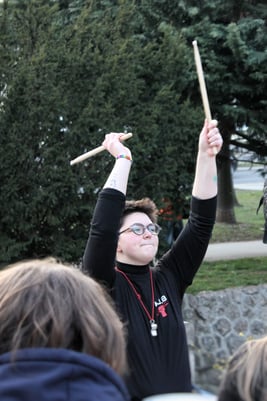Sign UP TO OUr NEWSLETTER
Woman's Day March - Sarajevo
Welcome to a collection of photos from this year’s Women’s Day March in Sarajevo. These shots capture the energy, spirit, and unity of those who took to the streets to stand up for equality and celebrate their power. Through these photographs, we aim to honour the courage and strength of everyone who stood together for a brighter, more inclusive future. Take a look and experience what this incredible day was all about.
As a traveller, I believe it’s important to stay aware of the struggles happening around us. Travel is a privilege, and we must use our voices to support what’s right—whether it’s marching, protesting, or simply raising awareness. No matter where you are in the world, being ignorant isn’t an option. Staying informed and engaged is key to making a positive impact wherever we go. Stay connected and keep supporting humanity.
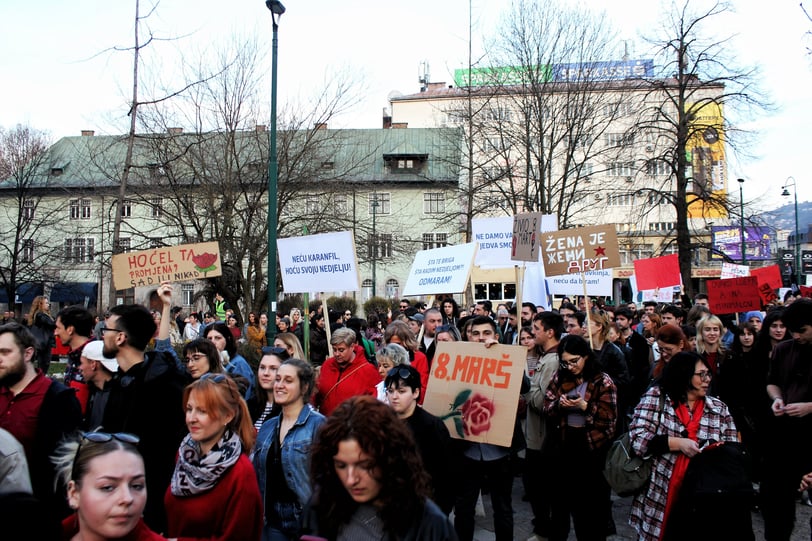

International Women’s Day started over a hundred years ago, with its roots in the early 1900s. The idea came from Clara Zetkin, a German activist, who suggested the idea at a women’s conference in 1910. The first official celebration took place on March 19, 1911, in Austria, Denmark, Germany, and Switzerland, where women rallied for better working conditions, the right to vote, and equal pay. The day gained momentum over time, and in 1977, the United Nations officially made March 8 International Women’s Day. Today, it’s celebrated all over the world to honour women’s achievements and continue pushing for gender equality.






The International Women's Day march in Sarajevo was more than just a demonstration—it was a powerful call for change, a declaration of strength, and a stand against the exploitation of women in the workplace. As the city’s streets filled with determined voices and bold banners, it was clear that the march wasn’t only about protesting; it was about sending a strong message to those in positions of power—authorities, employers, and decision-makers—that women workers will no longer be silenced.
Women took to the streets to demand dignified work, workplace security, and equal pay. The march was a visible reminder that women are not commodities to be exploited for profit. The marchers emphasised the need for working conditions that are not only fair but worth living. With every step, they advocated for a future where women’s contributions are valued equally, where their rights are protected, and where their voices cannot be ignored.


Gender inequality in the workplace and in terms of rights is a major issue in Bosnia and Herzegovina, with women earning less than men, facing discrimination in hiring and promotions, and being underrepresented in leadership roles. Maternity leave is available, but paternity leave is limited, reinforcing traditional gender roles. Women also encounter workplace harassment, and domestic violence affects their ability to work. Female entrepreneurs face significant barriers, including limited access to financing and networks. Although there are laws in place to promote gender equality, weak enforcement and cultural barriers hinder progress.
These issues are not limited to Bosnia; women around the world are fighting for equality. From the gender pay gap to workplace discrimination, women everywhere are advocating for equal opportunities, fair pay, and protection from violence. The global struggle for gender equality continues, and while progress has been made in some areas, much work remains to ensure equal rights for women everywhere.
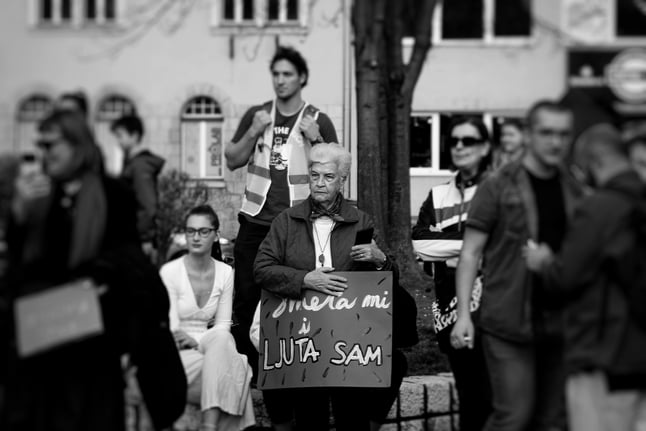

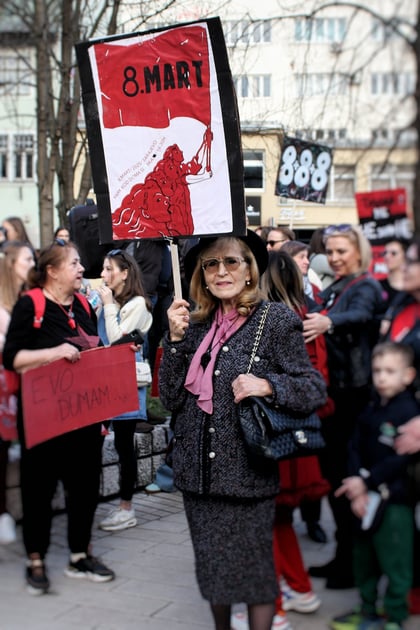

"I am angry"






In Sarajevo, International Women's Day was not just a symbolic gesture but a reminder of the ongoing struggle for justice, respect, and equality in the workplace. It was a powerful moment, highlighting the resilience and unity of the people, not just in Bosnia and Herzegovina but around the world. The march wasn’t just a protest—it was a promise that the fight for women’s rights will continue until equality is a reality.
